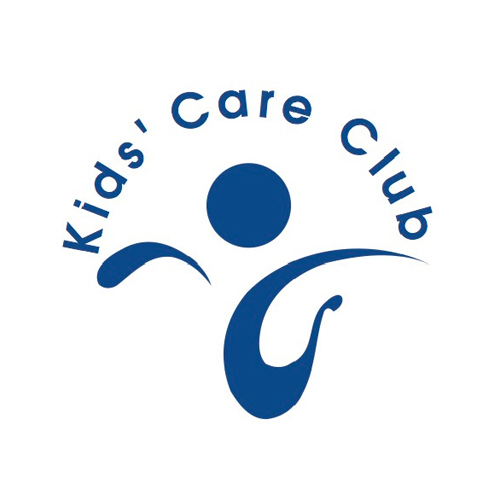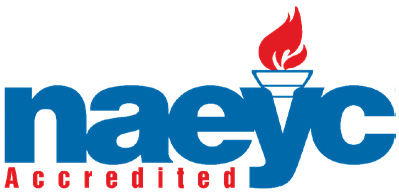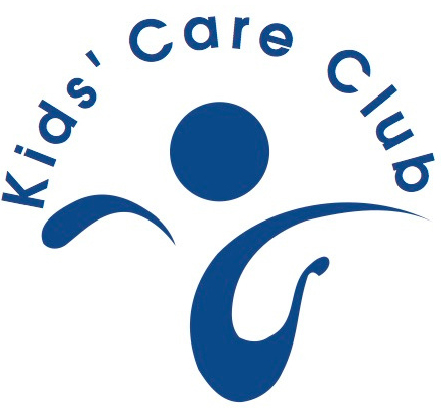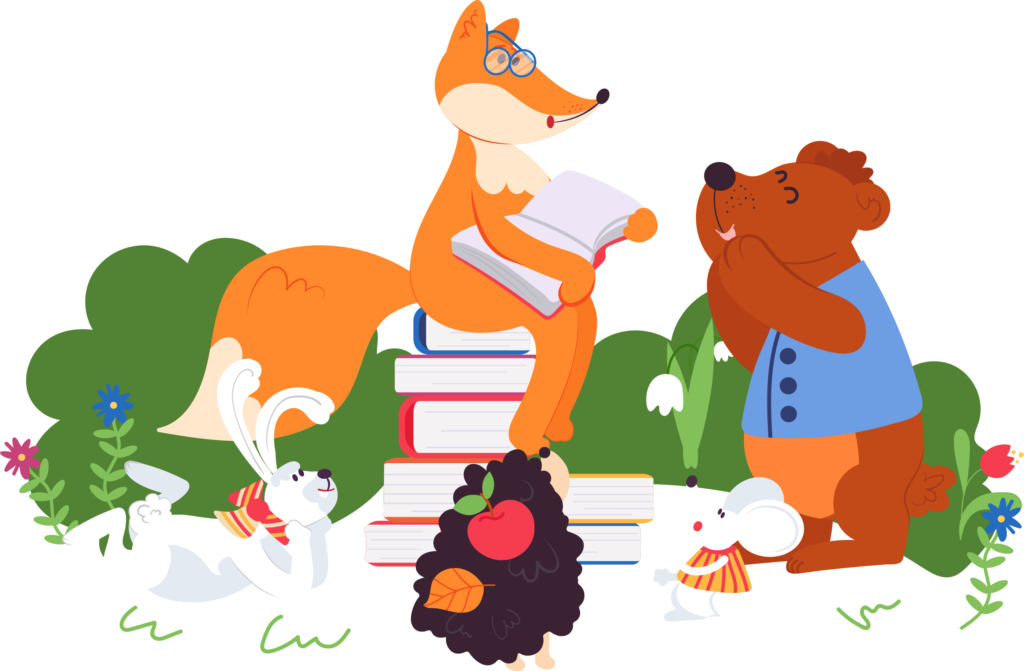At Kids’ Care Club, we understand that excellence in early childhood education means ongoing education and improvement of our staff. One way we meet this need is by holding three Staff Development Days each year, where we learn from outside professionals and from each other. Staff come out of these trainings armed with new information, confident in their skills and abilities, and inspired to implement positive changes. Administrative staff carefully consider the needs of the school and any new guidance issued by the state or the National Association for the Education of Young Children, and then select topics and presenters that will best serve the teaching and support staff – and by extension, the children and families.
Staff Development Day – June 2020
On June 10, 2022, both KCC centers participated in a Workplace Communication and Emotional Intelligence lesson. As a group, we initially discussed four diverse types of communicators:
- Analytical communicators prefer direct communication backed by logic.
- Functional communicators don’t work well with uncertainty and need time to review the plan before committing.
- Intuitive communicators enjoy working through BIG ideas and thrive in creative spaces.
- Personal communicators are driven by emotion and motivated by genuine connections.
After defining the characteristics of diverse communication styles, we discussed understanding our own communication style and how it might impact others. It was refreshing for us all to listen to one another share how we communicate and how those messages may positively impact working relationships. We were able to learn a lot from each other!
Emotional Intelligence
This led us into a discussion of emotional intelligence. Emotional intelligence, often abbreviated E.I. or EQ, is the ability to understand and manage your own emotions and interactions with other people. There are four skills that contribute to E.I.
Self Awareness
Self-awareness is the ability to identify your emotions. This is a foundational skill that we begin learning early in life, but even as adults it can sometimes be difficult to recognize what we are feeling.
Self-Management
Once you have identified your emotions, self-management is the ability to proactively respond to them, rather than merely reacting to them. For example, a reactive response to anger might be to lash out at the person you consider responsible for it; a proactive response might be to use self-talk to calm yourself and then work to remedy the situation.
Social-Awareness
Similar to self-awareness, social-awareness is the ability to recognize what others are feeling. This is easier with people with whom we have a close relationship, but it is an important skill even in casual interactions, and especially in business relationships.
Relationship-Management
When we combine all three of these skills, we get relationship-management, wherein we can identify others’ emotions, understand how they relate to ours, and manage our behavior in order to achieve a positive outcome for everyone involved.
By creating a safe space to share our experiences in areas of emotional intelligence, KCC staff were able to develop a deeper understanding of ourselves and our coworkers. One of the main takeaways was to always look at ourselves before a conflict arises, to ensure that we are communicating what we intend to and/or properly understanding what a person is communicating to us.
How Emotional Intelligence affects Kids’ Care Club
Evidence shows that behaviors and characteristics of the workforce, such as behaviors of teachers and caregivers, directly affect child development in conjunction with other characteristics of the teachers (amount of training, years of experience, etc.). With more effective communication strategies among Kids’ Care Club educators, the teachers can better serve the children enrolled in the program.
Another important application of this communication training is in teachers’ interactions with children and families. Early childhood educators form important relationships with the children in their care, and the best possible outcomes for children are achieved when these relationships are positive and respectful. Educators’ relationships with each child’s family, who are children’s first and most important teachers, are equally vital. KCC staff view parents and families as their partners in education. Their communication and emotional intelligence skills enable them to forge strong, trusting relationships with families and to work together to give each child the best foundation for learning and growth.
Champion Instructors Education and Training
At Champion Instructors Education and Training, we are incredibly proud of the transparent conversations that took place. We are challenging both teams to continue exploring E.I. and foster healthy communication with one another, with the students of KCC, and with parents.
For continued education: Consider listening to workshops via Eventbrite and LinkedIn around the subjects of Emotional Intelligence, Self-Affirmations, and Workplace Communication.
Kia Edwards, M.Ed.
Champion Instructors Education & Training






